Agora 2015-4 Early Modern History
Early Modern History | Agora vol. 50 no. 4 (2015)
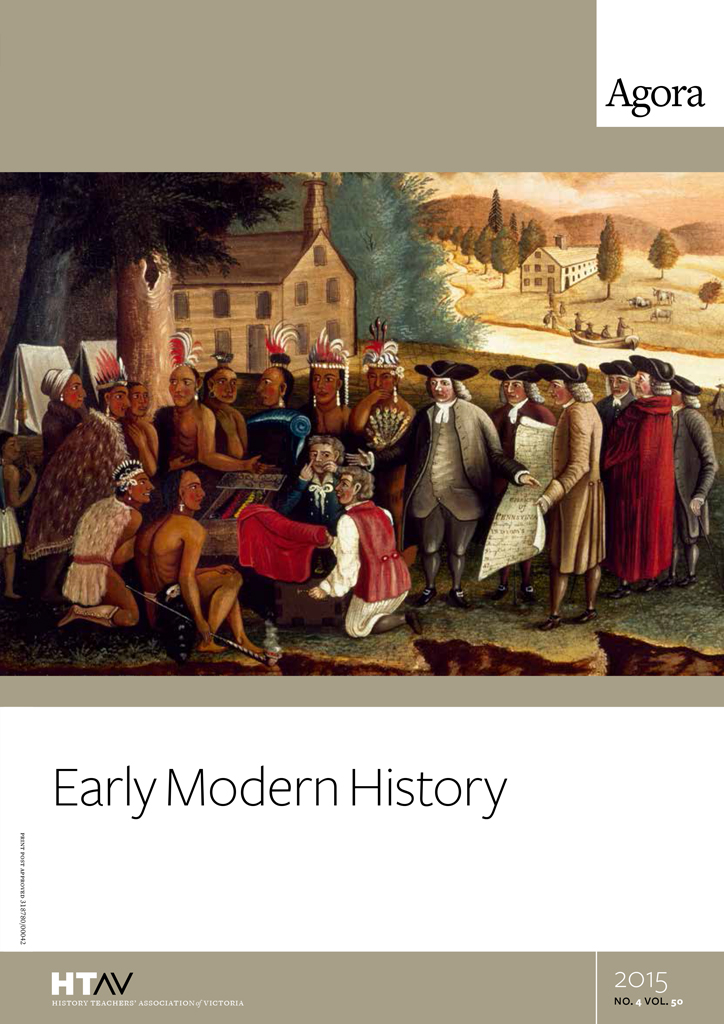 |
Early Modern History Agora vol. 50 no. 4 (2015) |
INTRODUCTION/EDITORIAL |
|
 |
Editorial Alan Tiller President's Introduction Ashley Wood |
SUNGRAPHÔ Original research |
|
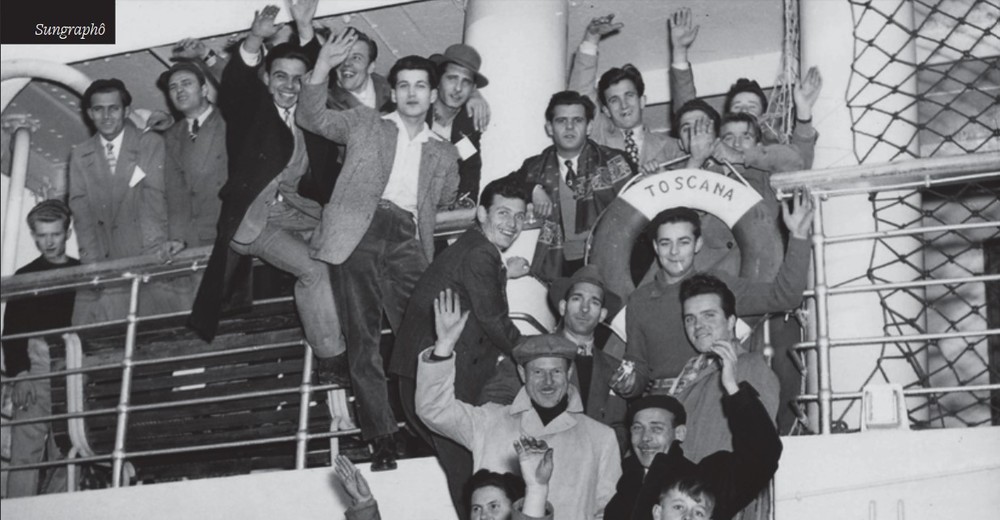 |
Thinking Historically in the Immigration Museum Amy McKernan, PhD Candidate, The University of Melbourne How does the Immigration Museum foster historical thinking? |
THEMA Reflections on the theme |
|
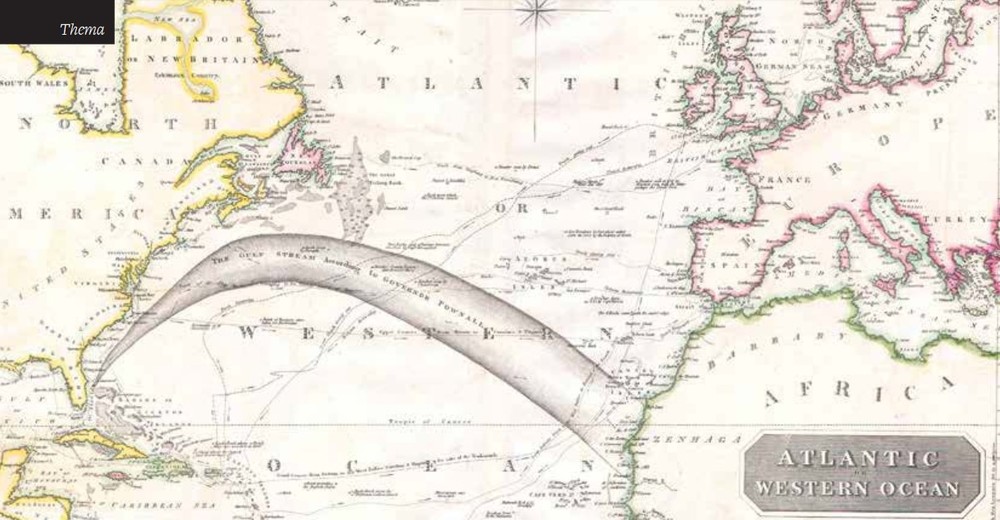 |
Atlantic History: A Rubric for Teaching Dr Kit Candlin, University of Newcastle In understanding the age of globalisation, the study of regional histories, such as those of the Atlantic world from the fifteenth to mid-nineteenth centuries, have an important part to play in the way we as historians construct the larger whole. |
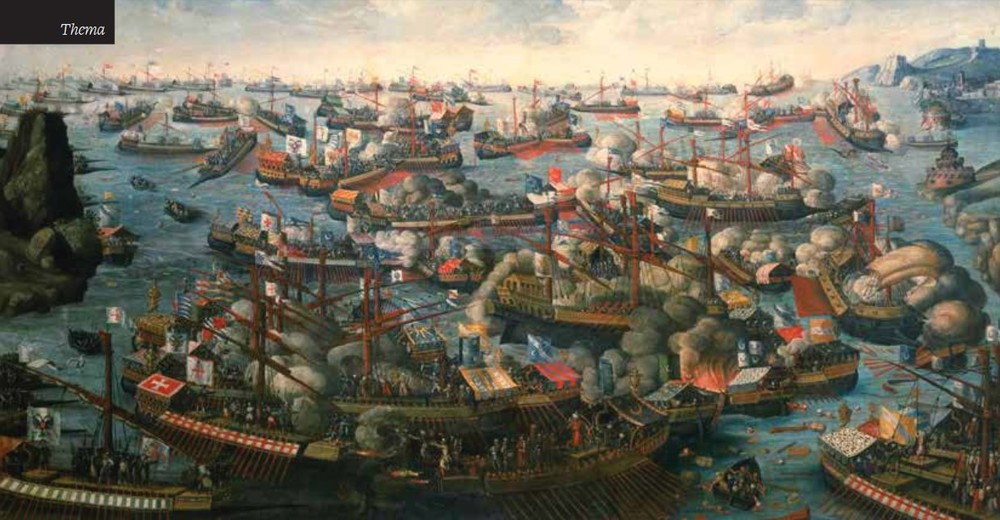 |
The Ottoman Empire and the Early Modern World Assoc. Prof. Mesut Uyar, The University of New South Wales, Canberra At its height the Ottoman Empire occupied an area that stretched from the Mediterranean to the Caspian Sea and from Poland in the north to the Indian Ocean in the south. Its success was based on strong and well-organised military and administrative structures, the control of trade routes and a diverse mix of geography, population and cultures. |
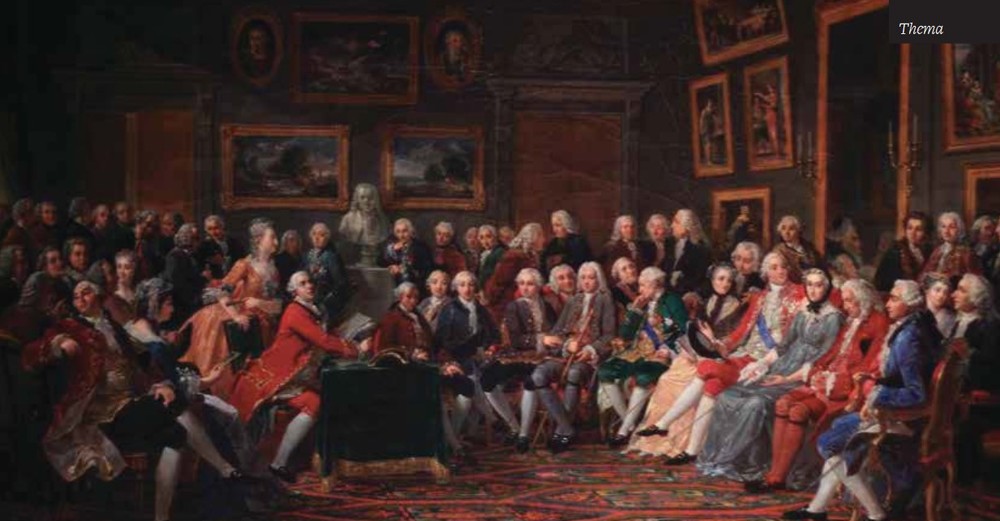 |
The Revolution in Human Thinking in the Eighteenth Century: Teaching the Enlightenment Dr Michael Adcock, Melbourne Grammar School The aim of teaching the Enlightenment to students is to make them realise that this intellectual movement in eighteenth-century Europe created the very foundations of the liberal democratic societies in which we live today. |
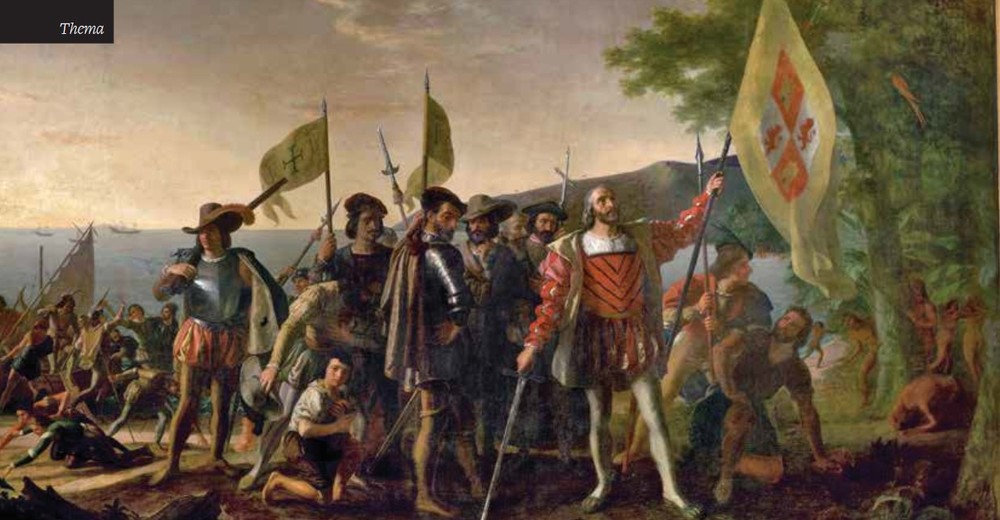 |
Global Empires: Starting Your Voyage of Discovery Ashley Keith Pratt, Gilson College This article explores the growth of global empires in the early modern period, their significant features and ways of integrating key procedural concepts into an effective VCE Global Empires teaching program. |
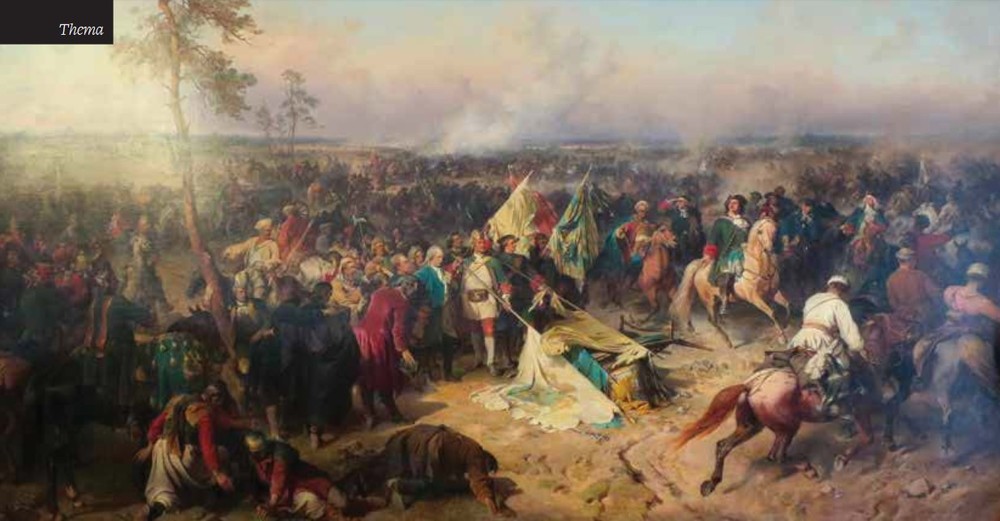 |
Hetman Ivan Mazepa and the Battle of Poltava (1709) Andrew A. Pyrcz, Lyndale Secondary College Who was Hetman (i.e. Cossack leader) Ivan Mazepa and what was the historical and geopolitical significance of the Battle of Poltava fought three centuries ago? |
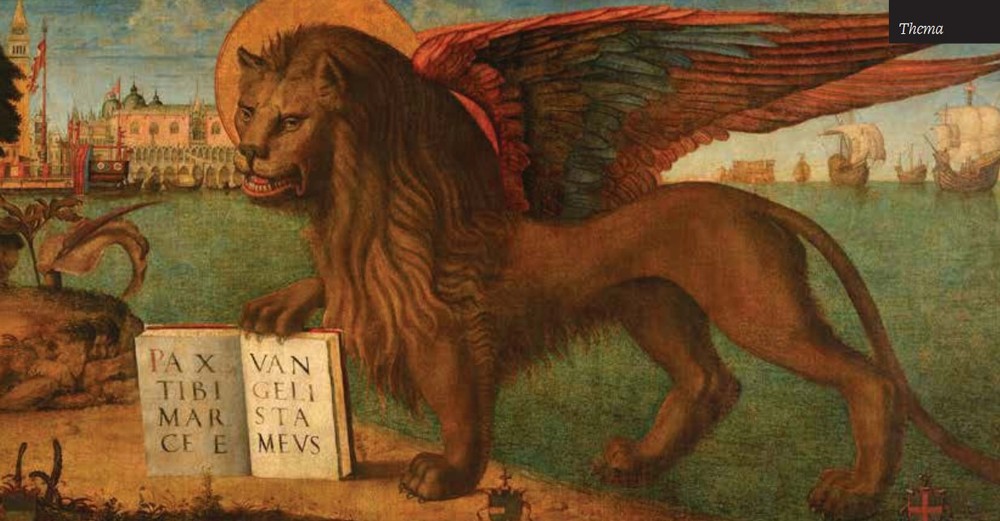 |
The Rise and Decline of the Venetian Empire Anne McIlroy, Genazzano FCJ College At its height, the Venetian Empire was a leading maritime power and a key player in international trade. The decline of Venice at the end of the fifteenth century gave way to the trading empires of Spain, England and the Netherlands. |
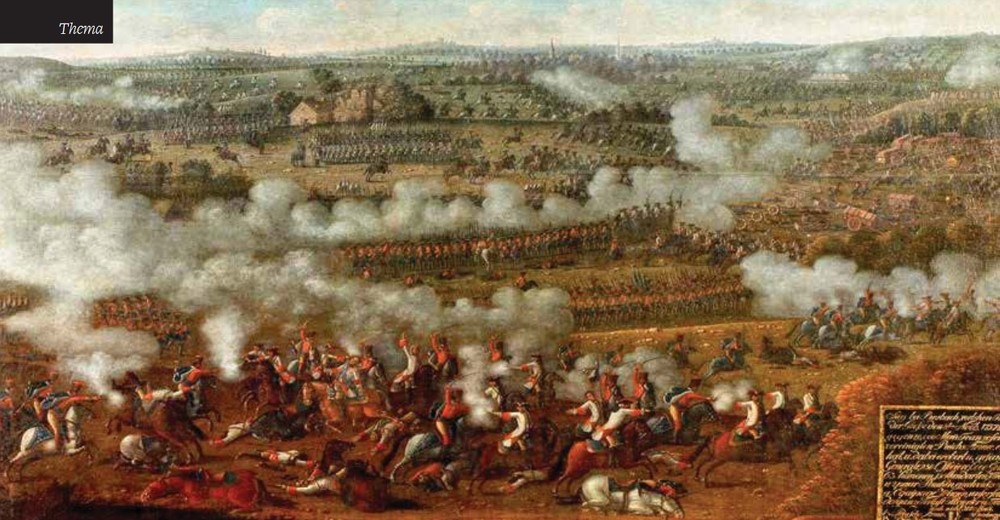 |
Europe and the Americas at War in the Mid-Eighteenth Century: Land, Religion and the Modern State Andrew Doyle, Vermont Secondary College The Seven Years’ War was the first global war – the conflict encompassed the great powers of the time over three continents and changed the balance of power in Europe and the Americas. |
PRAKTIKOS Teaching ideas |
|
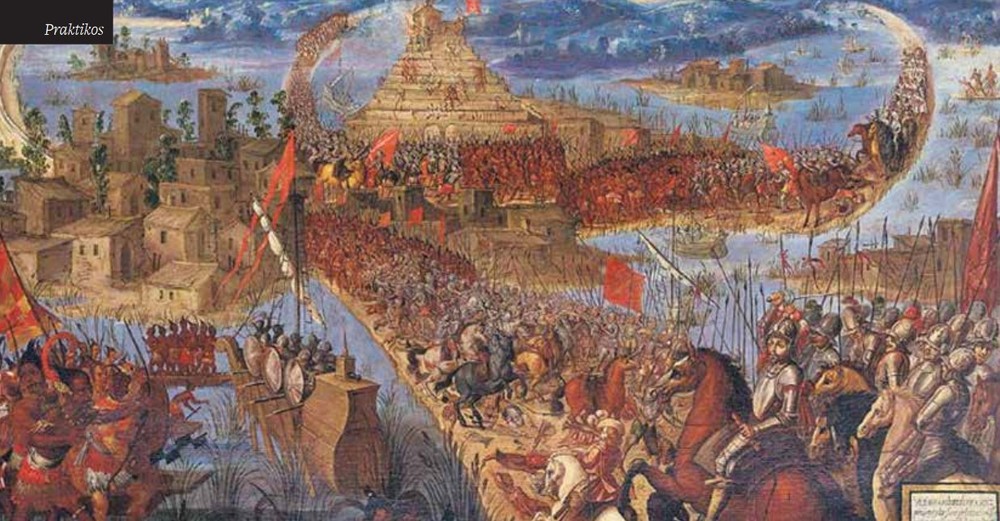 |
The Spanish Conquest of the Americas (c. 1492–1572) Phillip O’Brien, Minaret College The Spanish Conquest of the Americas is a rich, rewarding and relevant study in the early secondary years. |
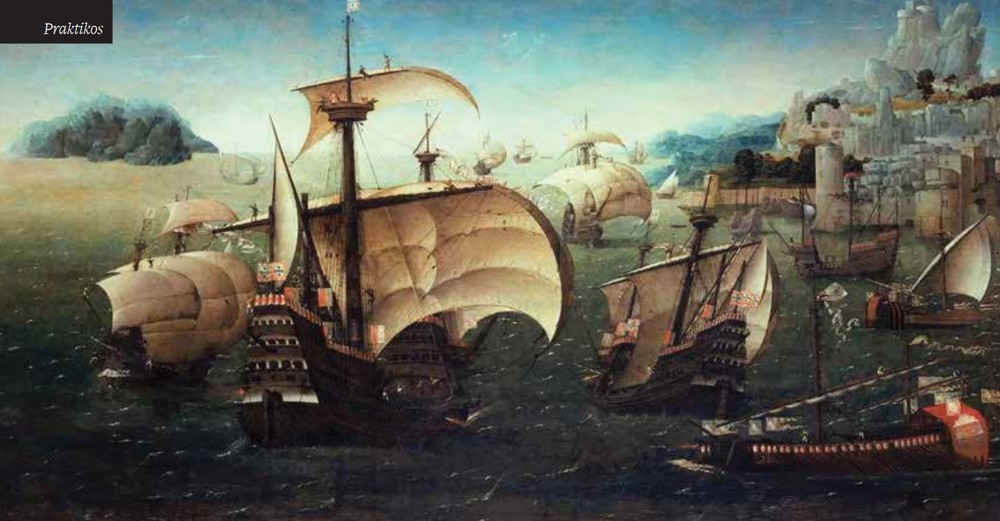 |
Global Empires: Ten Ideas to Get You Started Greg Edwards, Connor Bourke, Lauren Cape, James Wolff and Alexandra O’Connor, with Dr Catherine Hart, Australian Catholic University Ten ideas to assist teachers plan and prepare for the new VCE Global Empires units. |
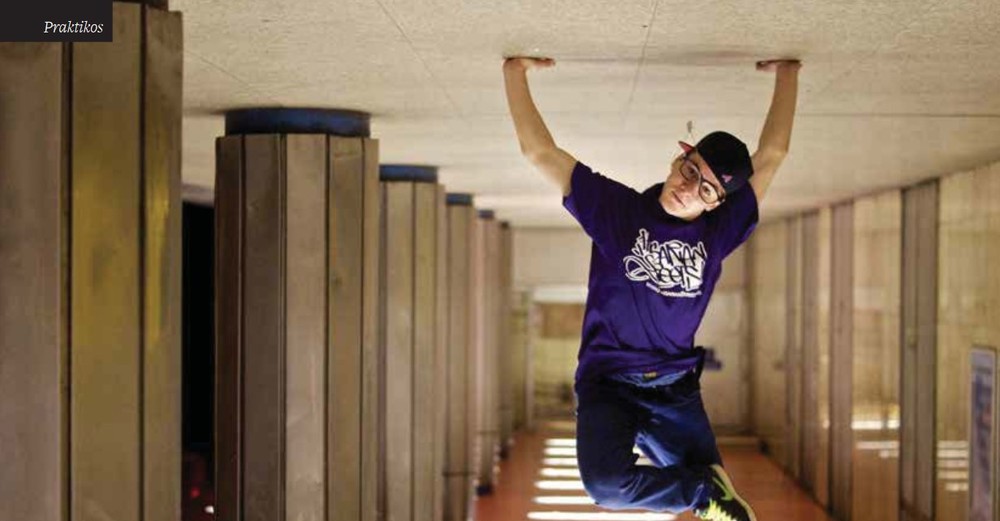 |
Teaching VCE Global Empires: Using a Flipped Classroom Approach Elisa A. Litvin, Assumption College Kilmore A brief outline of suggested pedagogy and strategies for the new VCE Global Empires course. |
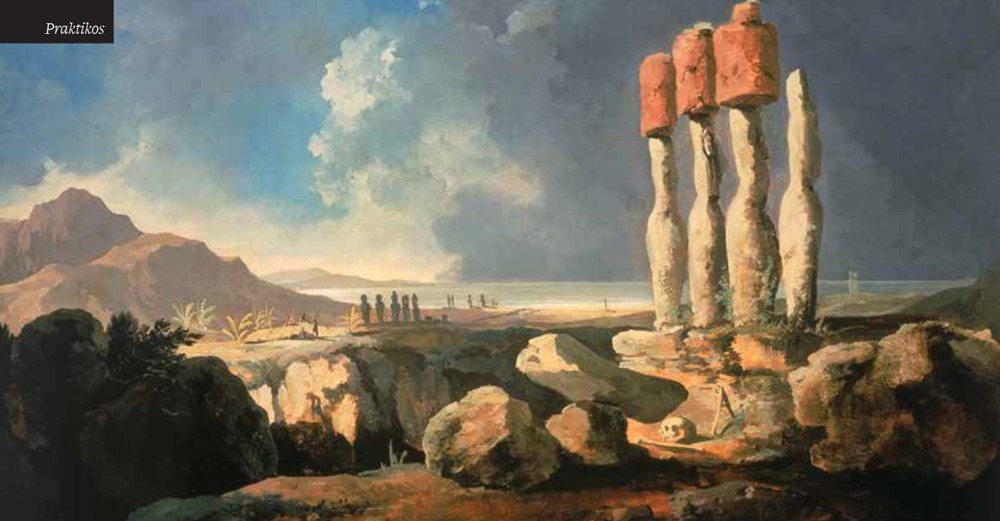 |
Teaching the Polynesian Expansion Across the Pacific: A Unit of Work Johanna Petkov, graduate teacher, Australian Catholic University The Polynesian Expansion Across the Pacific is a study full of potential in terms of exploring historical concepts and cross-curriculum priorities. |
KRITIKOS Reviews |
|
| Reviews Edward Koiki Mabo: His Life and Struggle for Land Rights By Noel Loos and Eddie Koiki Mabo Reviewed by Kara Taylor, Irymple Secondary College An Unsentimental Bloke: The Life and Works of C. J. Dennis Philip Butterss Reviewed by Tony Ward, Mount Alexander College, Flemington |
Catch up on the latest issues here.
Events Calendar
- 27 Feb 26
- 19 Mar 26
- 31 Mar 26





 /htav_ed
/htav_ed